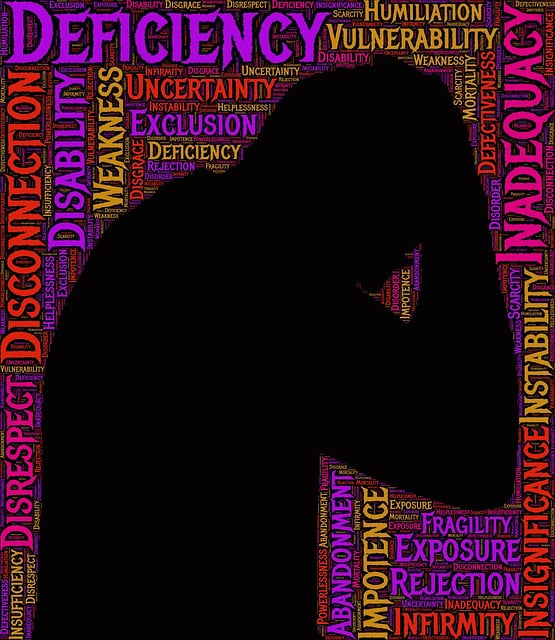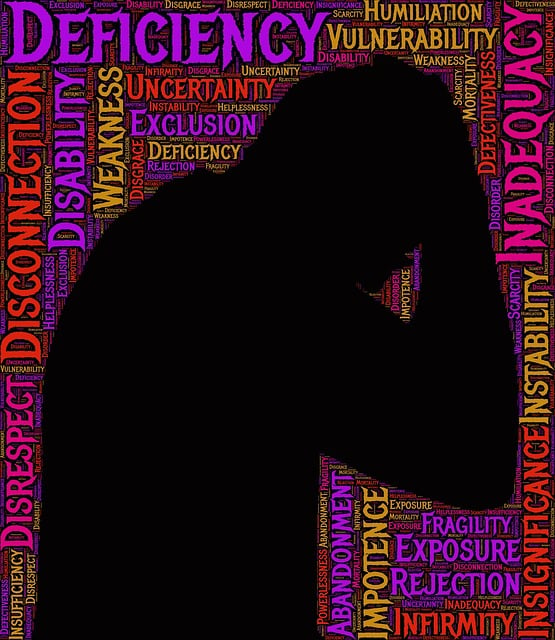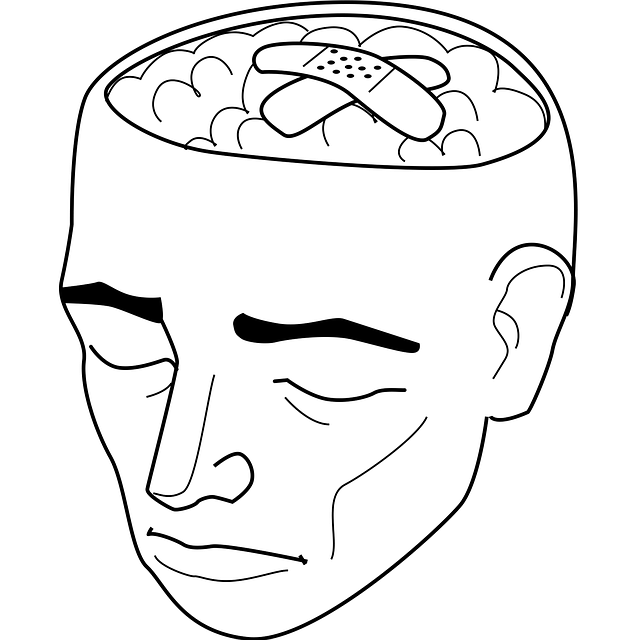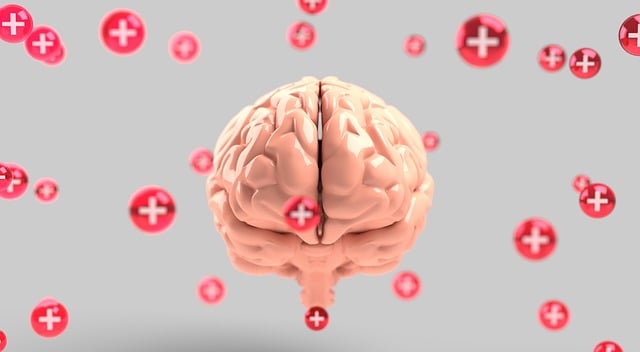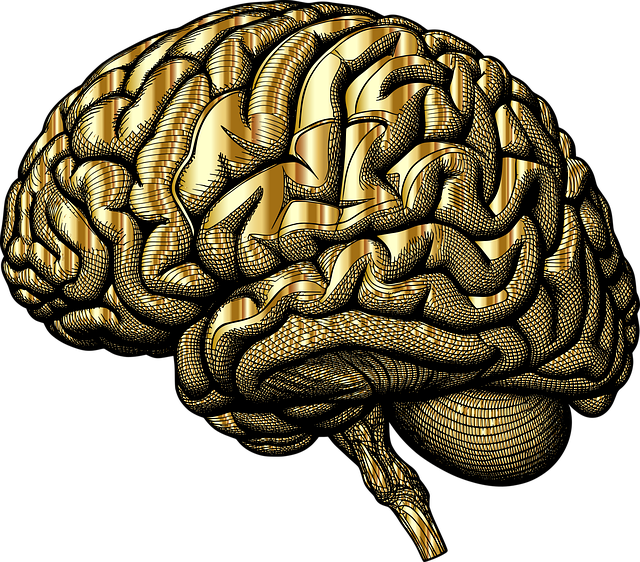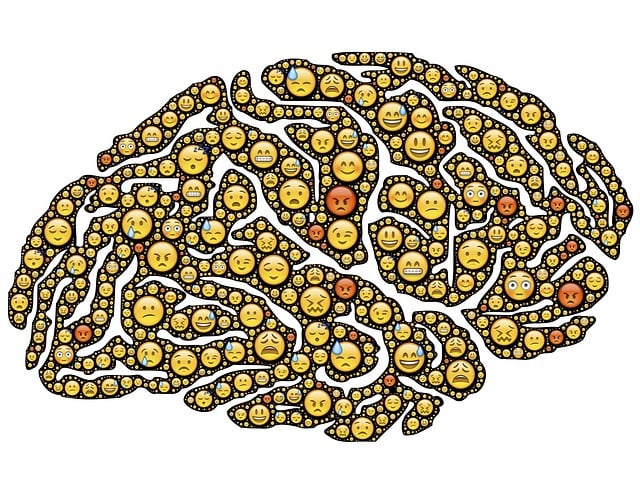Chronic stress, fueled by various factors like work pressure and financial issues, can lead to severe mental health problems. Parker Drug Abuse-Substance Abuse Therapy offers a comprehensive solution, combining traditional therapies like CBT with mindfulness practices to address root causes. Their holistic approach includes self-care techniques (e.g., setting boundaries, exercise), medication management, and education, empowering individuals to manage stress, enhance well-being, and overcome substance abuse effectively.
Stress reduction is a vital component of maintaining mental health, preventing substance abuse, and fostering overall well-being. This comprehensive guide explores various methods to navigate stress effectively. From understanding its profound impact on mental health to delving into traditional therapies like cognitive-behavioral therapy (CBT) and Parker Drug Abuse-Substance Abuse Therapy, we cover it all. Additionally, alternative approaches, medication management, and self-care strategies are showcased, offering a holistic path to achieving a calmer mindset.
- Understanding Stress and Its Impact on Mental Health
- Traditional Therapies for Effective Stress Reduction
- Alternative Approaches to Managing Stress
- The Role of Medication in Treating Chronic Stress and Substance Abuse
- Self-Care Strategies for a Calmer Mindset
Understanding Stress and Its Impact on Mental Health

Stress is a natural response to various life challenges, but when it becomes chronic, it can significantly impact mental health. Understanding stress involves recognizing its causes, which are often multifaceted and unique to each individual. Factors like work pressure, financial concerns, personal relationships, and even cultural expectations can contribute to elevated stress levels. The effects of prolonged stress include anxiety, depression, and cognitive impairment, among other mental health issues. This is where the integration of Parker Drug Abuse-Substance Abuse Therapy becomes invaluable, offering a holistic approach to address both the underlying causes and symptoms.
Mind Over Matter principles emphasize the power of self-care practices and emotional regulation as key tools in managing stress. By adopting Self-Care Practices, individuals can actively cultivate resilience and promote overall well-being. This involves setting boundaries, engaging in regular physical activity, practicing mindfulness or meditation, and pursuing hobbies that bring joy and relaxation. Emotional Regulation focuses on developing healthy coping mechanisms to navigate stressful situations constructively. Techniques such as deep breathing exercises, cognitive reframing, and seeking social support can help individuals regain a sense of control and mitigate the detrimental impact of stress on their mental health.
Traditional Therapies for Effective Stress Reduction

Stress reduction often involves traditional therapies that have proven effective over the years. Parker Drug Abuse-Substance Abuse Therapy, for instance, focuses on addressing the root causes of stress and related issues like substance abuse through individualized treatment plans. This approach combines various techniques such as cognitive-behavioral therapy (CBT), which helps individuals identify and change negative thought patterns, and mindfulness practices to foster mental clarity and emotional balance.
Compassion Cultivation Practices, Mental Health Education Programs Design, and Mind Over Matter Principles are additional tools within these traditional therapies. These methods encourage self-compassion, improve coping mechanisms, and promote a deeper understanding of one’s mental health. By combining evidence-based strategies, traditional therapies offer comprehensive solutions for managing stress, ultimately enhancing overall well-being.
Alternative Approaches to Managing Stress

In addition to conventional stress management techniques like exercise and mindfulness, there are alternative approaches gaining traction in the realm of mental health policy analysis and advocacy. These methods often delve into the root causes of stress, addressing issues like substance abuse through Parker Drug Abuse-Substance Abuse Therapy. This holistic approach recognizes that stress and mental health problems can be interconnected, and by targeting specific behaviors and thought patterns, individuals can achieve lasting relief.
Self-Care Routine Development for Better Mental Health is another effective strategy. By integrating practices such as regular sleep schedules, balanced diets, and engaging in hobbies, people can build resilience against stressors. Furthermore, communication strategies play a vital role in managing stress by fostering support systems and promoting open dialogue. These techniques empower individuals to navigate life’s challenges with greater ease and well-being.
The Role of Medication in Treating Chronic Stress and Substance Abuse

Medication plays a significant role in managing chronic stress and substance abuse, often working hand-in-hand with therapy for optimal results. For individuals grappling with prolonged or intense stress, prescription drugs can provide much-needed relief by targeting specific biochemical imbalances in the brain that contribute to anxiety and depression—common psychological side effects of long-term stress.
In cases of substance abuse, medication-assisted treatment (MAT) has proven highly effective. MAT combines behavioral therapies with medications like buprenorphine or methadone for opioid use disorders, helping individuals manage cravings and withdrawal symptoms while focusing on improving their emotional well-being through self-care practices and learning burnout prevention techniques. By addressing the root causes of stress and addiction simultaneously, these integrated approaches aim to promote lasting recovery and overall life improvement.
Self-Care Strategies for a Calmer Mindset

Maintaining a calm mindset amidst life’s challenges is paramount for overall well-being. Self-care strategies play a pivotal role in achieving this balance, especially when addressing issues like stress and substance abuse. The Parker Drug Abuse-Substance Abuse Therapy program recognizes this and incorporates holistic approaches to help individuals regain control.
Through Public Awareness Campaigns Development and Emotional Well-being Promotion Techniques, these programs raise awareness about the impact of chronic stress and offer practical tools for managing it. Compassion Cultivation Practices, a key component, teaches individuals to cultivate empathy and kindness towards themselves and others, fostering a supportive environment essential for recovery. These strategies not only help in stress reduction but also empower individuals to build resilience, enhancing their ability to navigate life’s complexities with greater equanimity.
In conclusion, managing stress effectively is paramount for maintaining mental health. From traditional therapies like cognitive-behavioral therapy (CBT) and mindfulness practices to alternative approaches such as yoga and acupuncture, there’s a multitude of options available. For chronic stress and substance abuse, Parker Drug Abuse-Substance Abuse Therapy offers specialized treatment. Incorporating self-care strategies into daily routines can also significantly contribute to achieving a calmer mindset. By understanding the impact of stress and exploring these diverse reduction methods, individuals can navigate life’s challenges with greater resilience.
